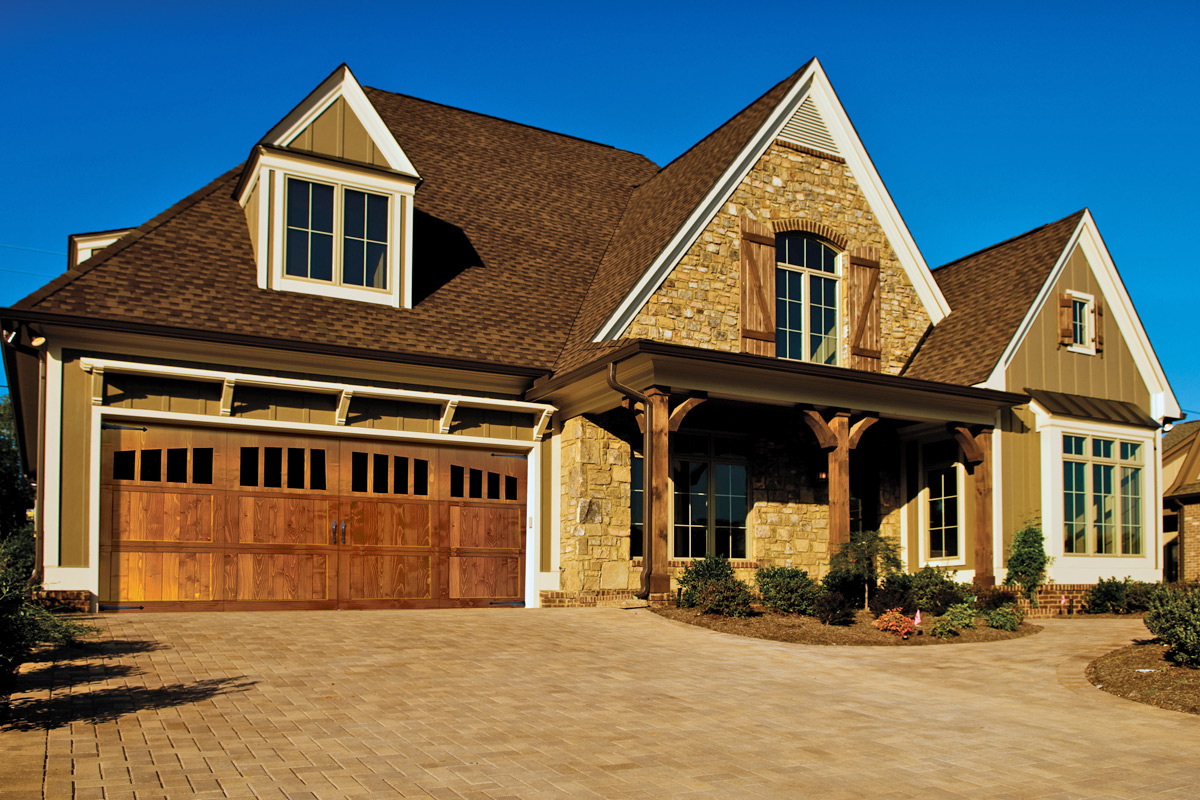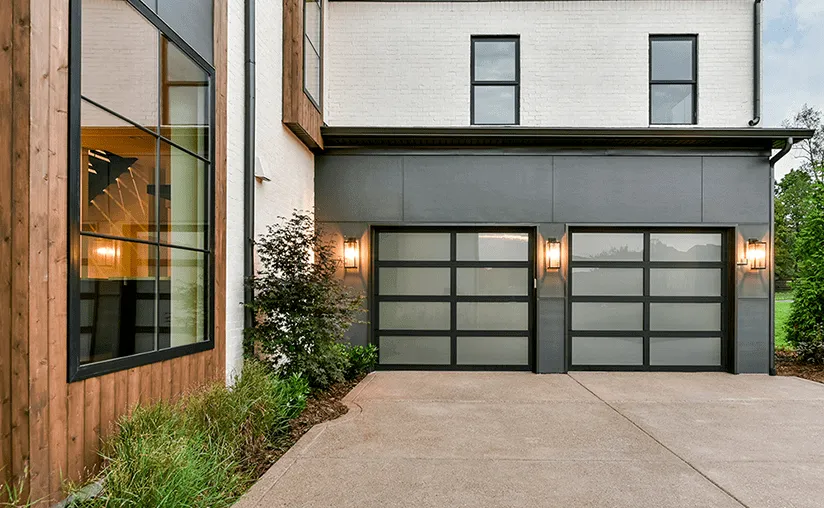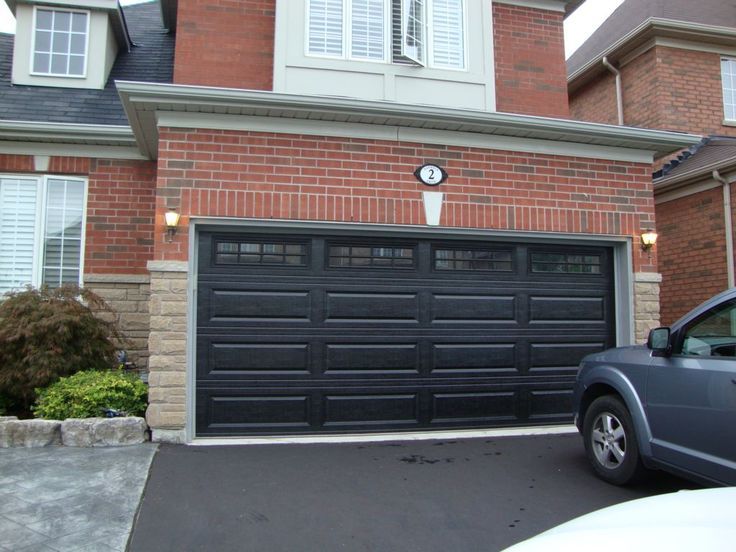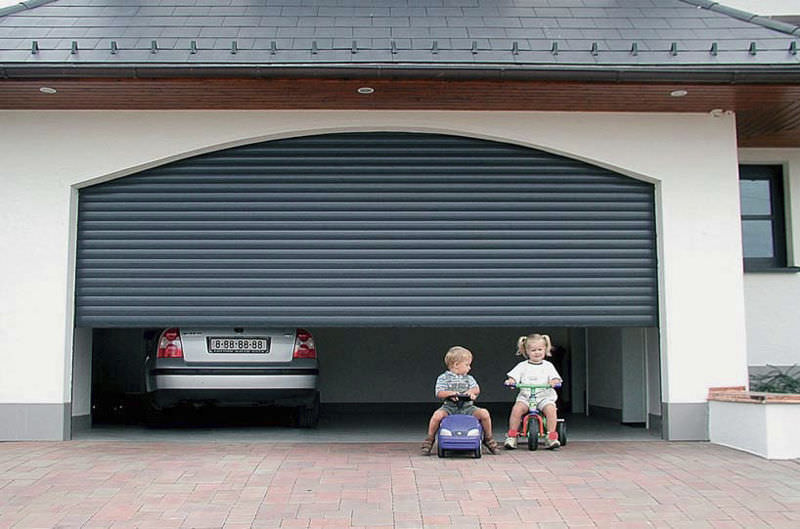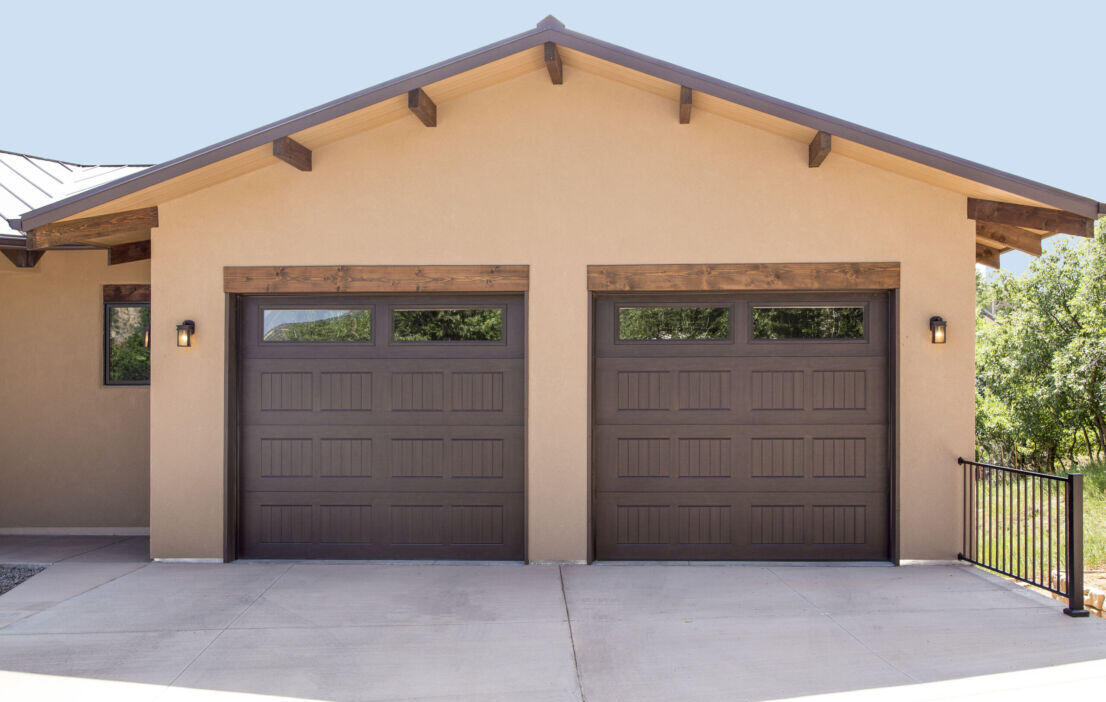When it comes to ensuring the safety and security of your home, understanding residential garage door code requirements is crucial. These codes are designed to protect homeowners by setting standards for the installation, maintenance, and operation of garage doors. Whether you’re installing a new garage door or maintaining an existing one, it’s important to be familiar with these requirements to ensure compliance and safety.

Importance of Garage Door Codes
Garage door codes are in place to ensure that doors are safe, functional, and secure. They address various aspects such as structural integrity, mechanical operation, and safety features. Compliance with these codes helps prevent accidents and injuries, making your home a safer place for your family.
Overview of Key Requirements
1. Structural Integrity
The structural integrity of your garage door is paramount. This involves ensuring that the door is made from durable materials that can withstand everyday use and adverse weather conditions. It also includes proper installation to ensure that the door is securely fastened and balanced.
2. Mechanical Operation
A well-functioning garage door should operate smoothly with reliable mechanical components. This includes the garage door opener and springs, which should be regularly inspected and maintained to prevent failure. For more information on maintaining garage door openers, visit Menards Buying Guide.
3. Safety Features
Modern garage doors are equipped with safety features such as auto-reverse mechanisms and motion sensors. These features are designed to prevent accidents by stopping the door from closing on objects or people. It’s important to regularly test these features to ensure they are functioning correctly.
Local Building Codes
While there are general guidelines for garage door codes, it’s important to check with your local building authorities as there may be specific local building codes that apply to your area. These codes can vary based on factors such as climate and environmental conditions.
Installation and Maintenance
1. Professional Installation
For optimal safety and performance, it’s advisable to have your garage door installed by a professional. A certified installer will be familiar with residential garage door code requirements and ensure that the installation is compliant.
2. Regular Maintenance
Regular maintenance is key to ensuring that your garage door remains safe and functional. This includes periodic inspections, lubrication of moving parts, and testing of safety features. For a comprehensive guide on DIY maintenance, check out this DIY Garage Door Maintenance.
Common Compliance Issues
Homeowners often face compliance issues related to garage door codes, such as outdated doors lacking modern safety features or improper installation. It’s important to address these issues promptly to ensure safety and compliance.
Impact on Home Value
A properly installed and compliant garage door can enhance your home’s value. It contributes to curb appeal and assures potential buyers of the home’s safety standards. For insights into how garage door trends impact home value, visit Garage Door Trends 2025.
Technological Advancements
With advancements in technology, garage doors now offer features such as smartphone control and automated systems. These features not only enhance convenience but also contribute to safety by allowing remote monitoring and control. To explore more about these advancements, read Garage Door Opener with Smartphone Control.
Environmental Considerations
Modern garage doors are designed with sustainability in mind. They may include eco-friendly materials and energy-efficient insulation to reduce your home’s carbon footprint. These factors are increasingly becoming part of residential garage door code requirements.
Insurance Implications
A compliant garage door can also affect your home insurance premiums. Insurers often consider the safety and security features of a home when determining rates. Ensuring compliance with garage door codes can potentially lead to lower premiums.
DIY vs. Professional Services
While some maintenance tasks can be done by homeowners, certain aspects of garage door installation and repair are best left to professionals. This ensures compliance with codes and prevents potential safety hazards. For a comparison of DIY and professional services, visit Garage Door Opener Apps Comparison.
Choosing the Right Door
When selecting a new garage door, consider factors such as material, style, and safety features. Ensure that the door you choose meets all residential garage door code requirements and complements your home’s architecture.
Future Trends
As technology evolves, garage door codes will continue to adapt. Future trends may include increased integration with smart home systems and enhanced security features. Staying informed about these trends can help you make informed decisions about your garage door.

FAQs
1. What are the most important safety features for garage doors?
Auto-reverse mechanisms and motion sensors are among the most important safety features for garage doors. These help prevent accidents by ensuring the door stops if it encounters an obstruction.
2. How often should garage door maintenance be performed?
It’s recommended to perform garage door maintenance at least twice a year. This includes inspecting the door, lubricating moving parts, and testing safety features.
3. Can I install a garage door myself?
While some homeowners may attempt to install a garage door themselves, it’s generally advisable to hire a professional. This ensures compliance with residential garage door code requirements and prevents potential safety issues.
This article contains affiliate links. We may earn a commission at no extra cost to you.




